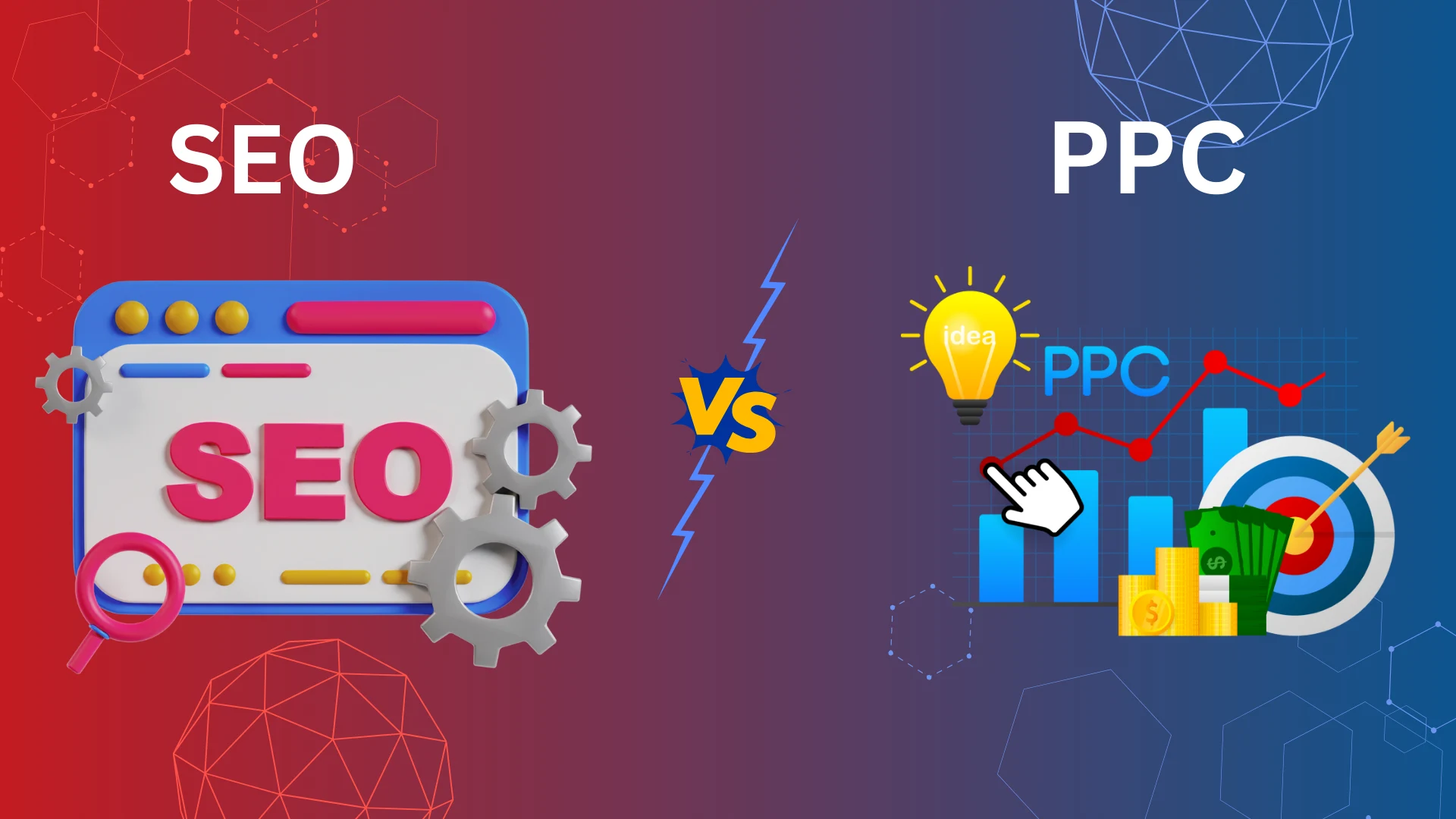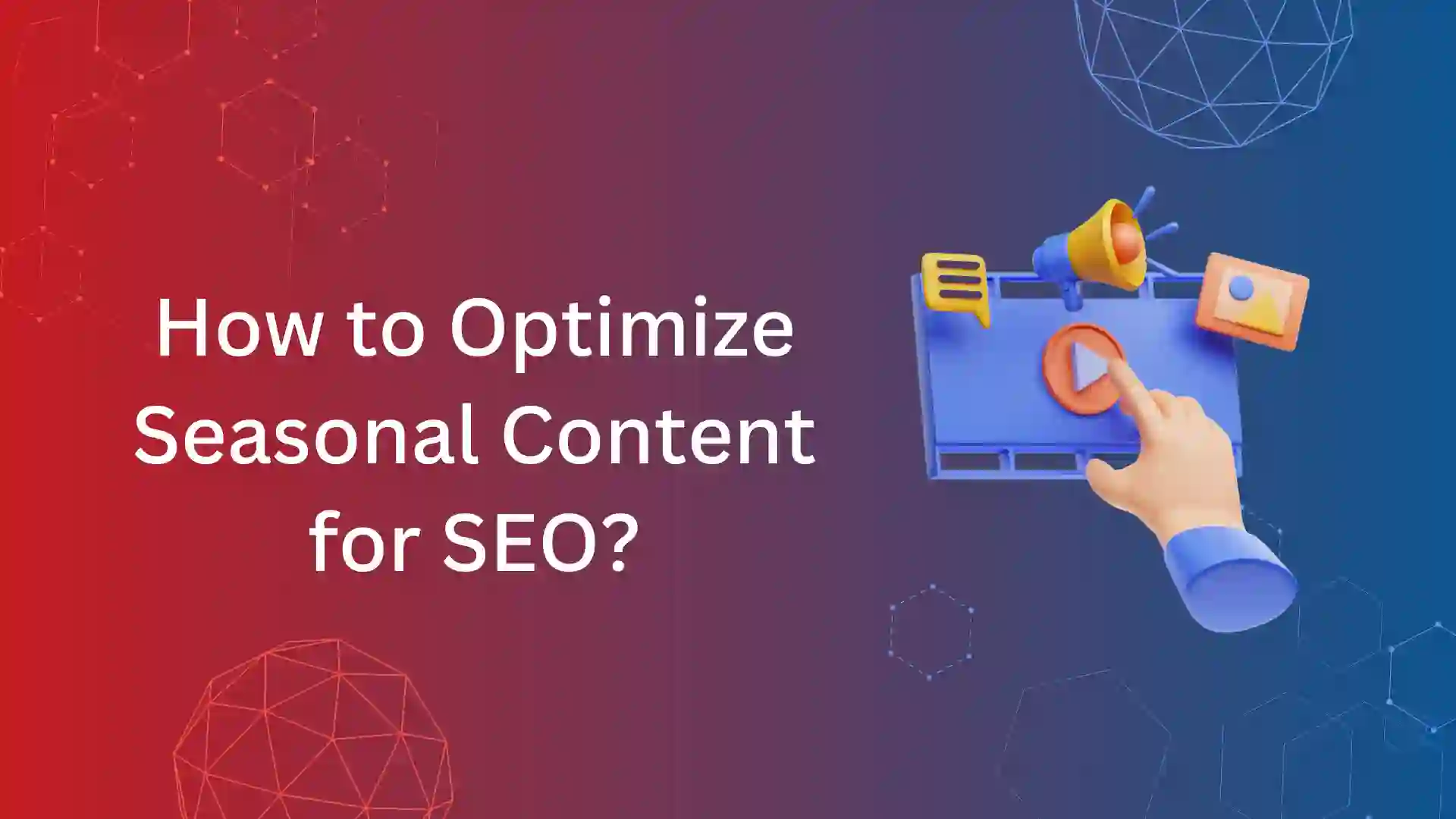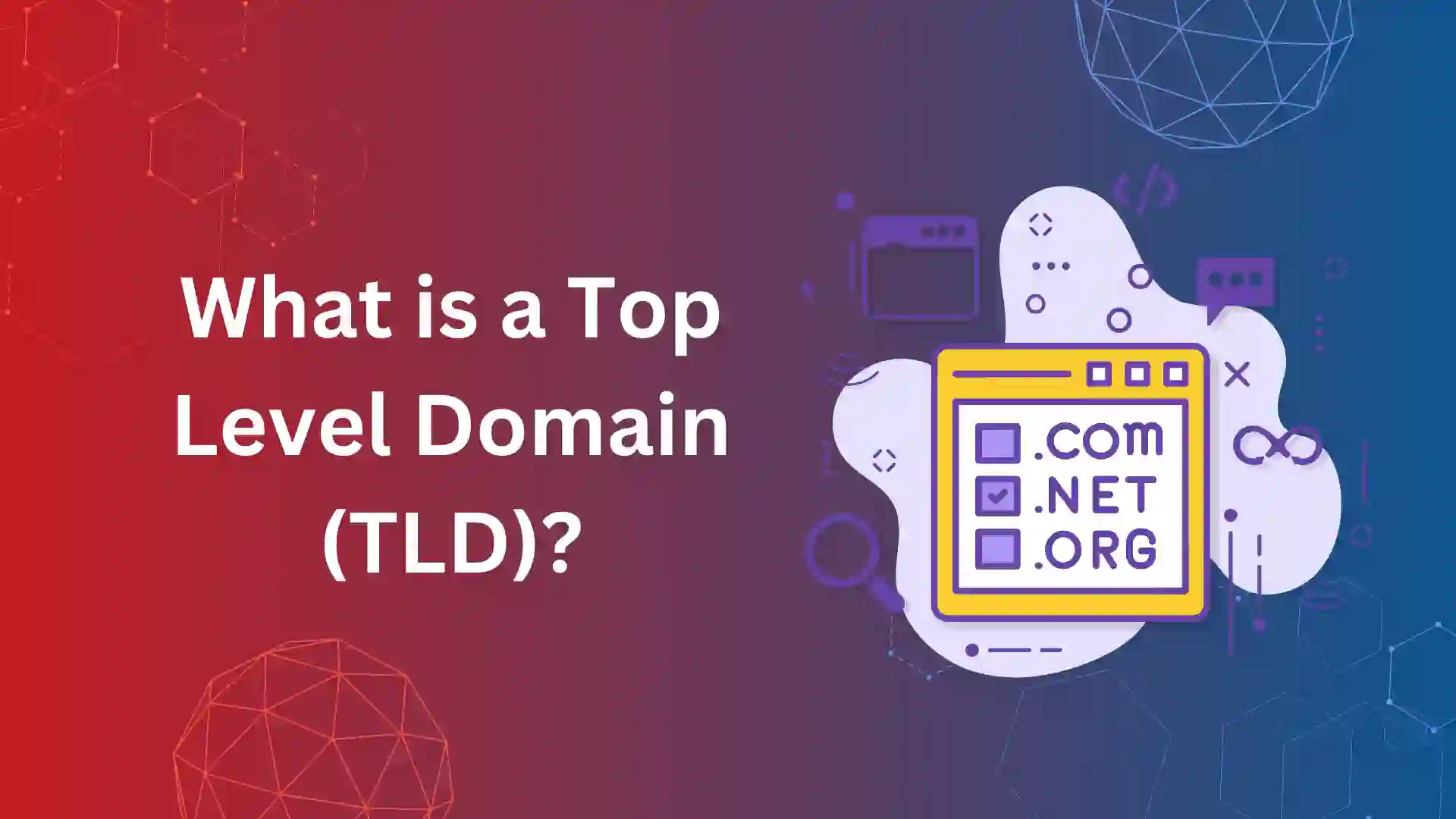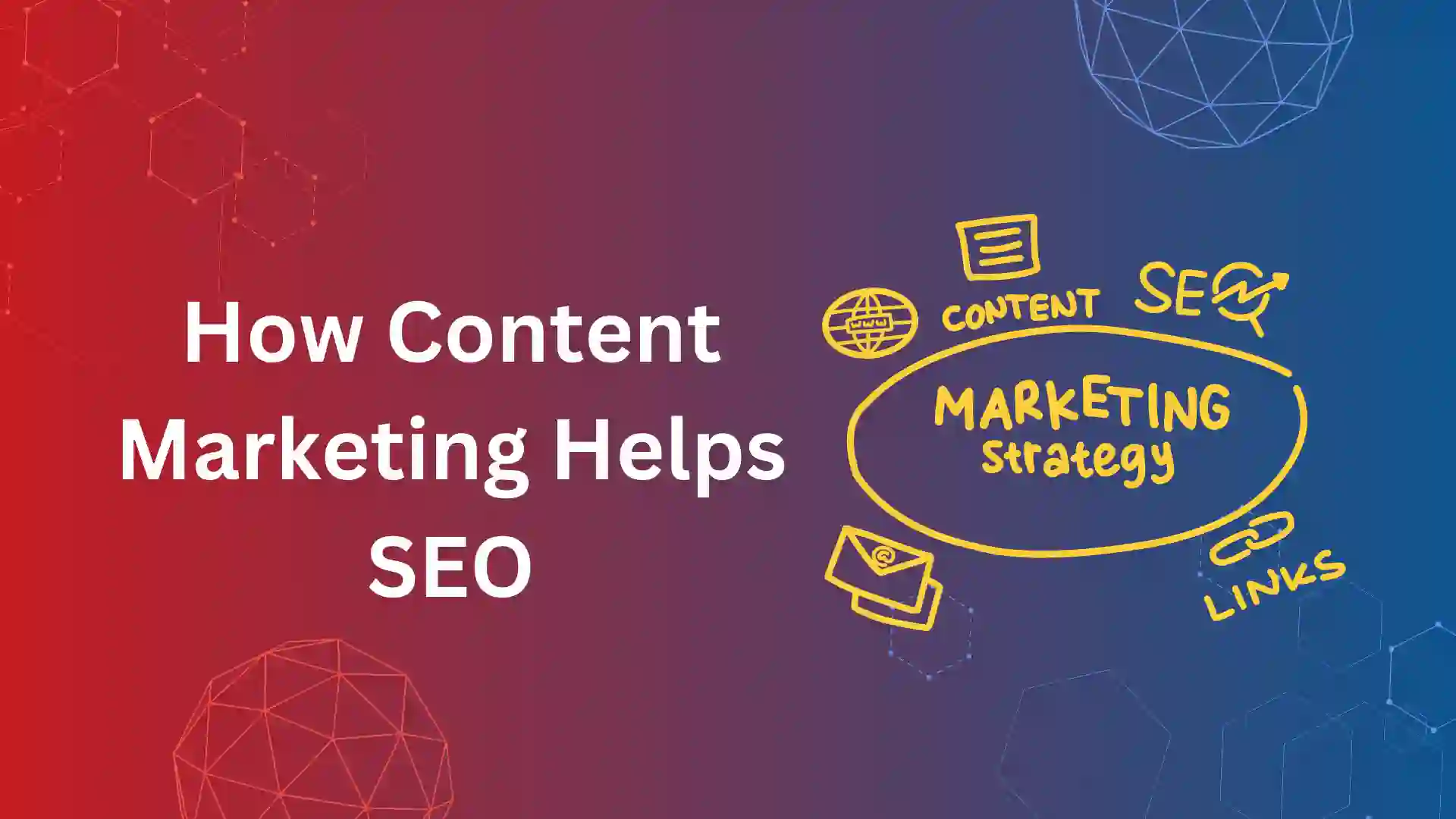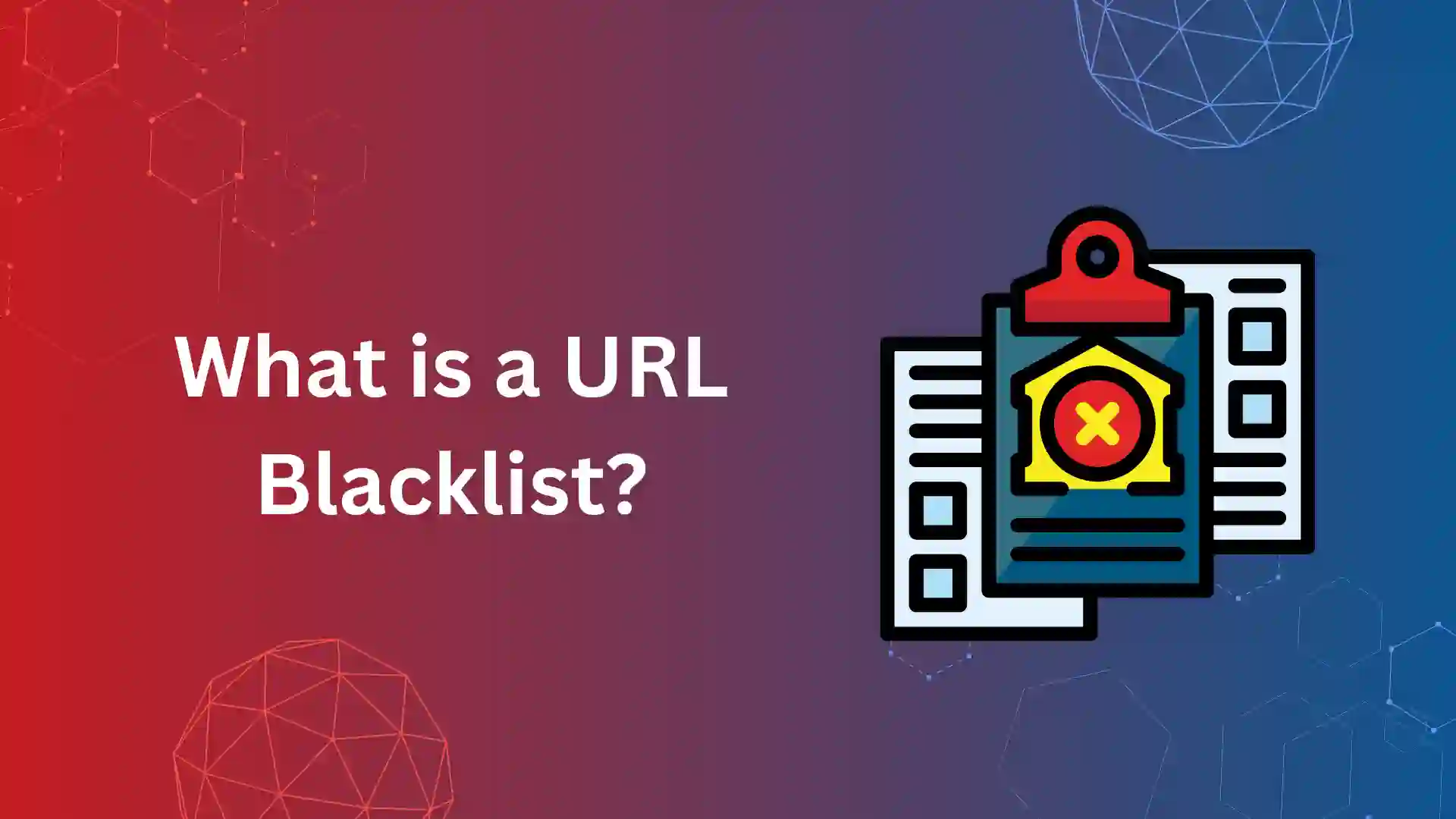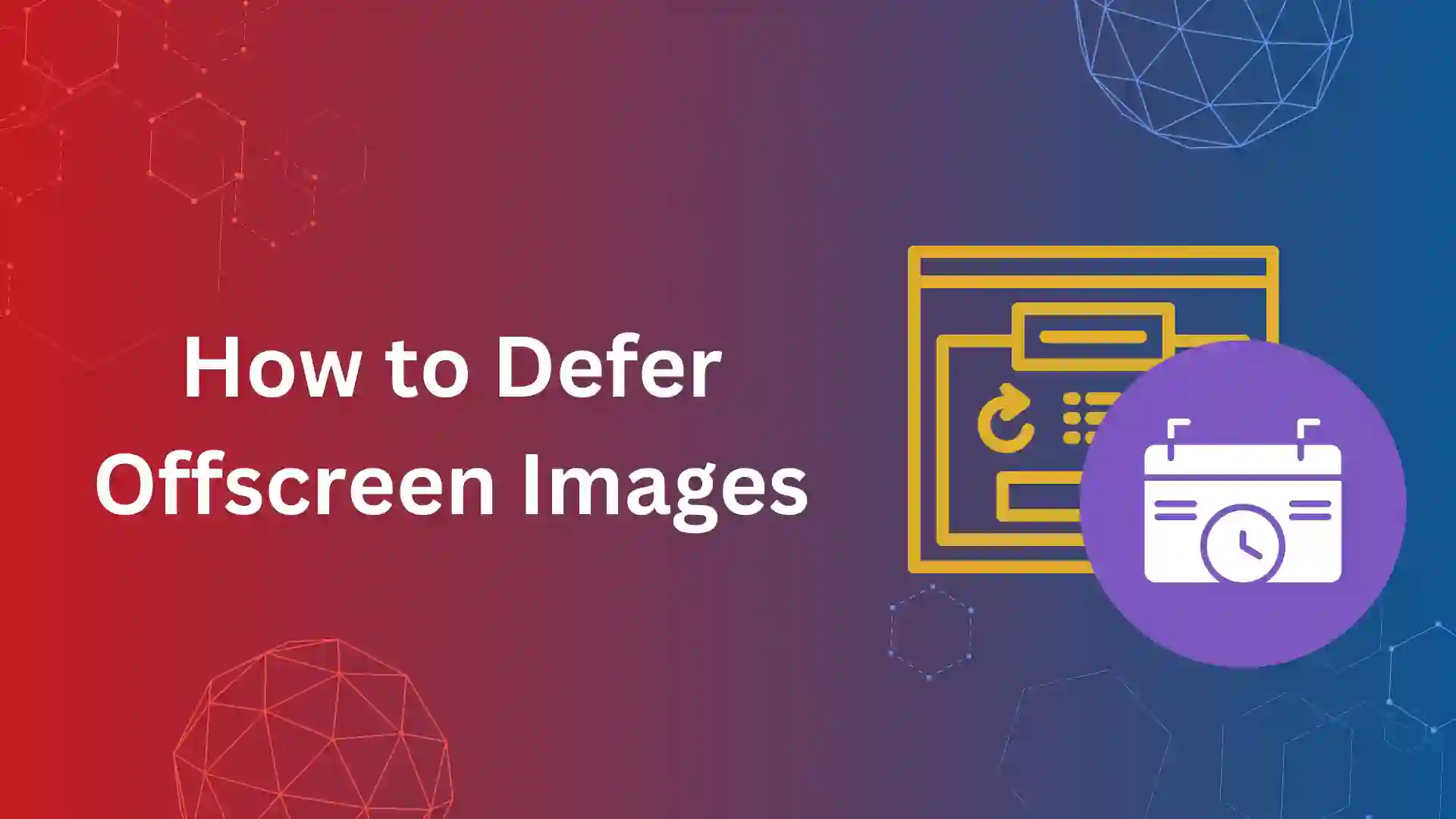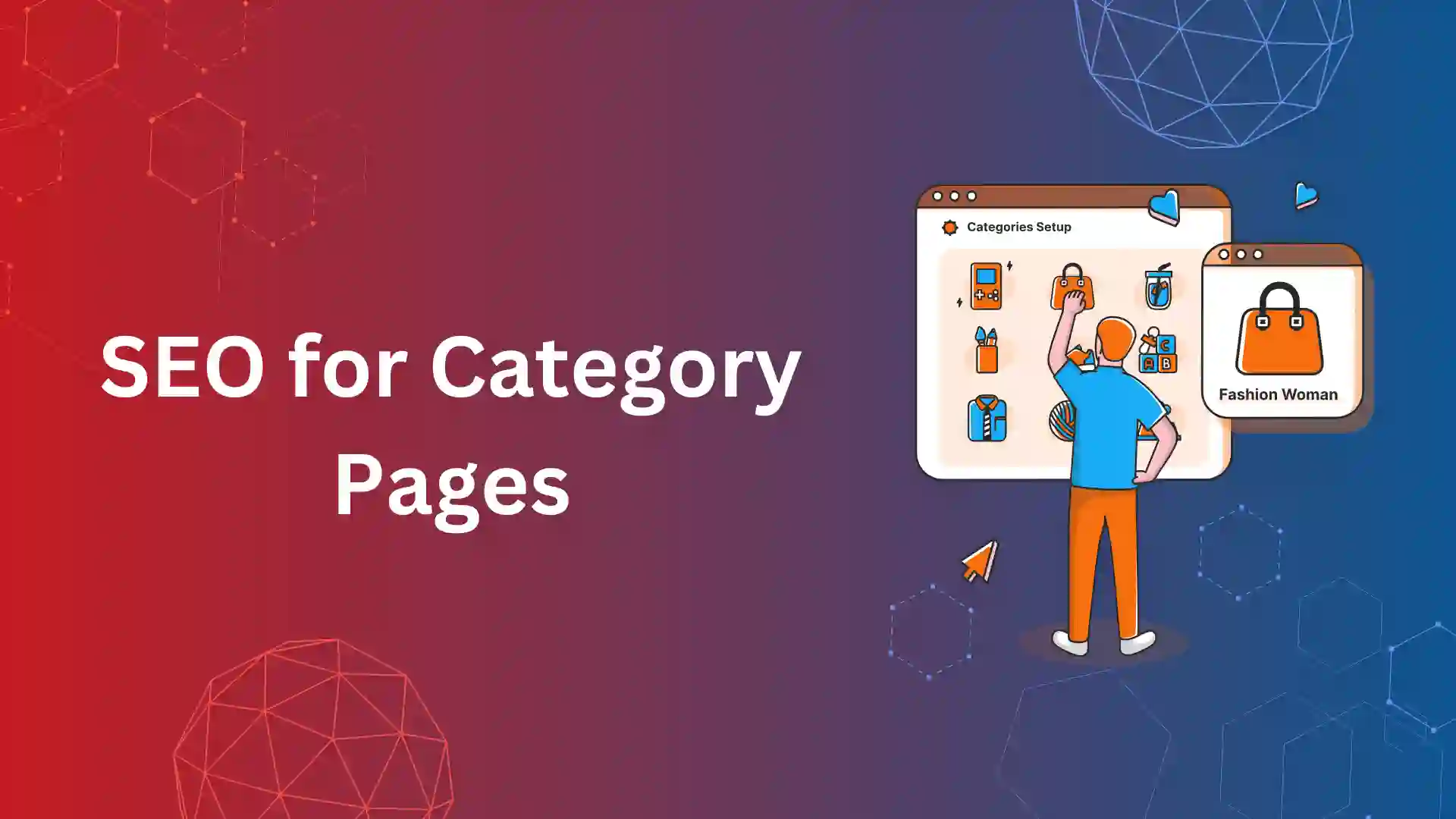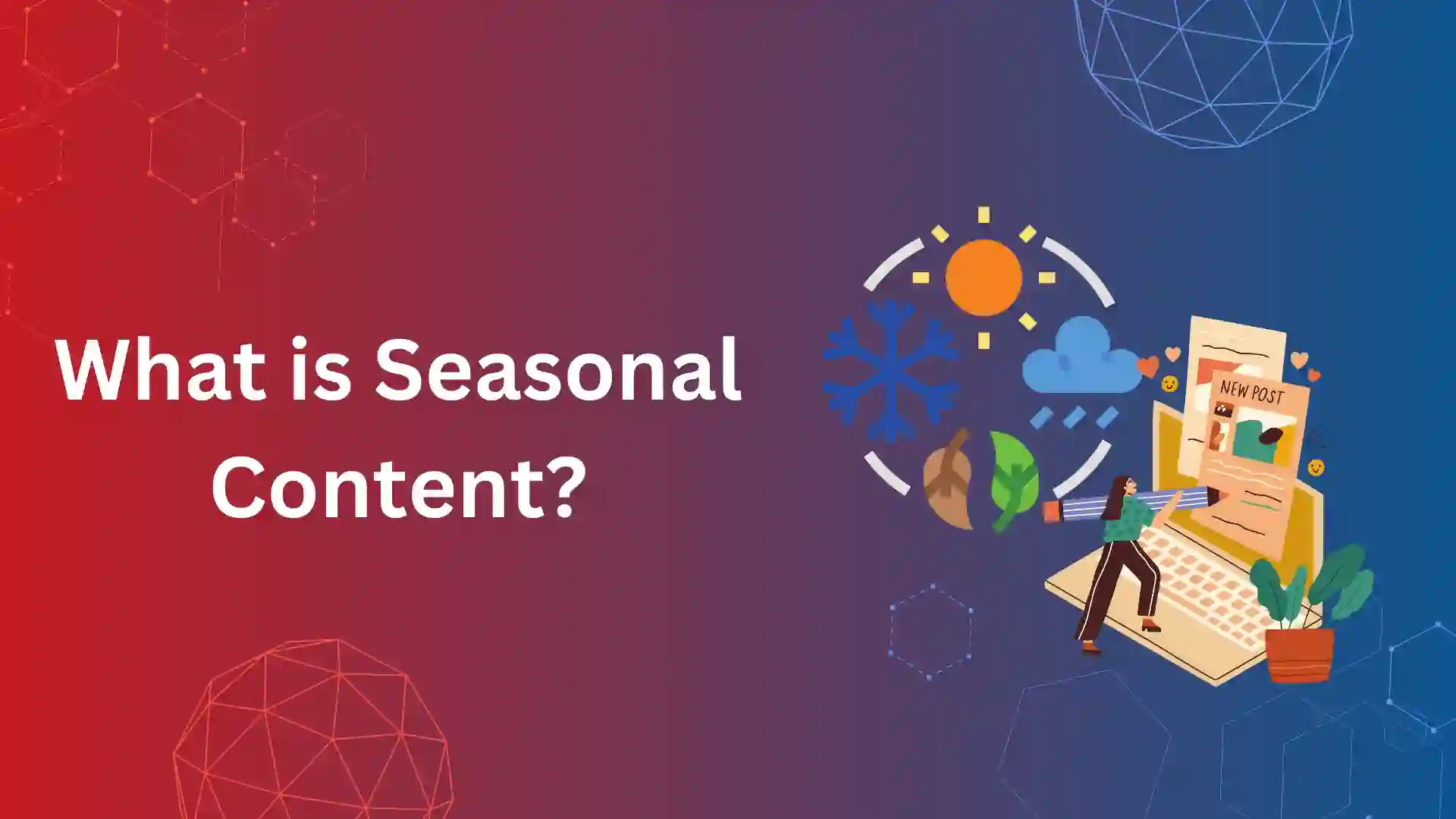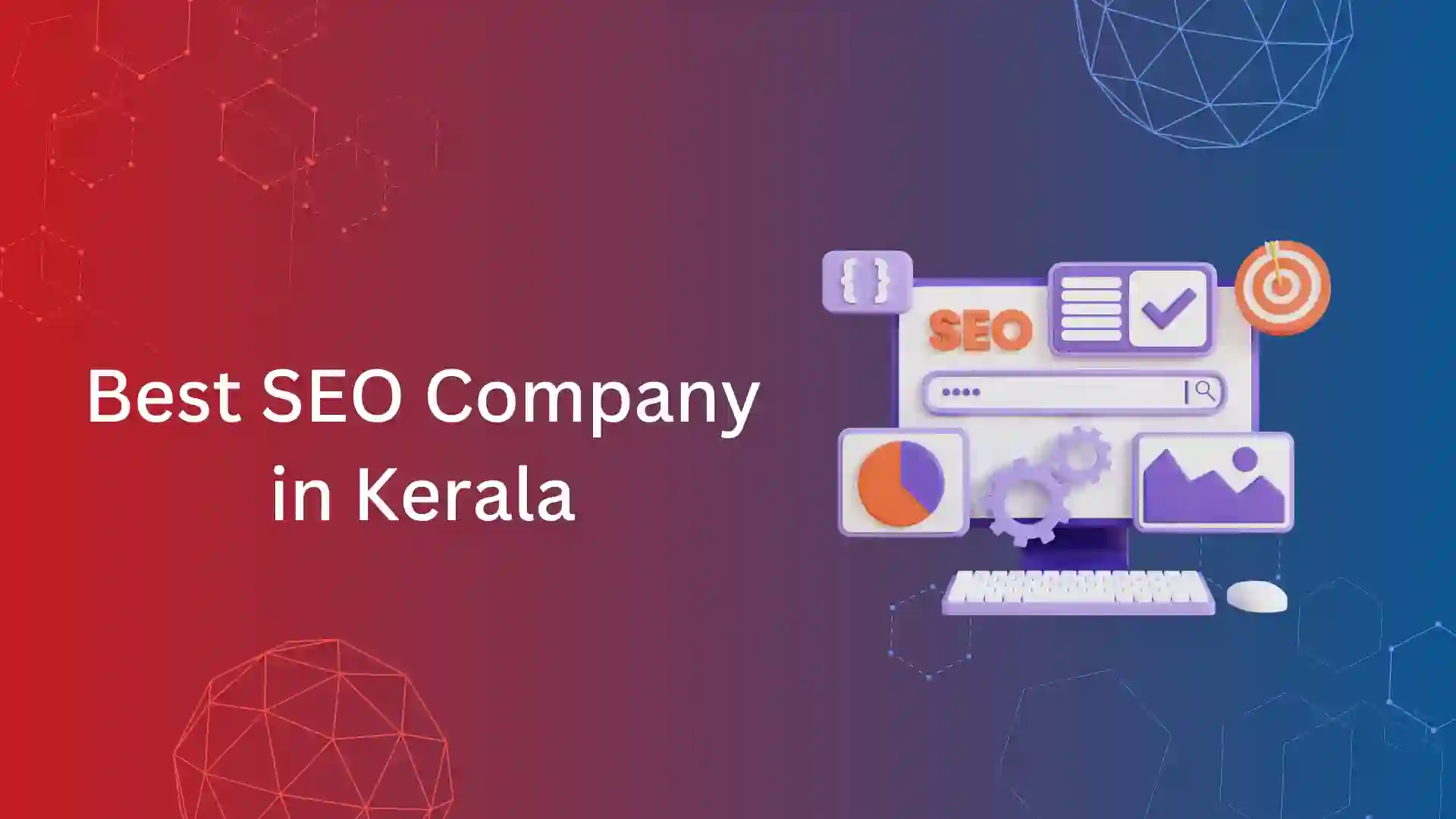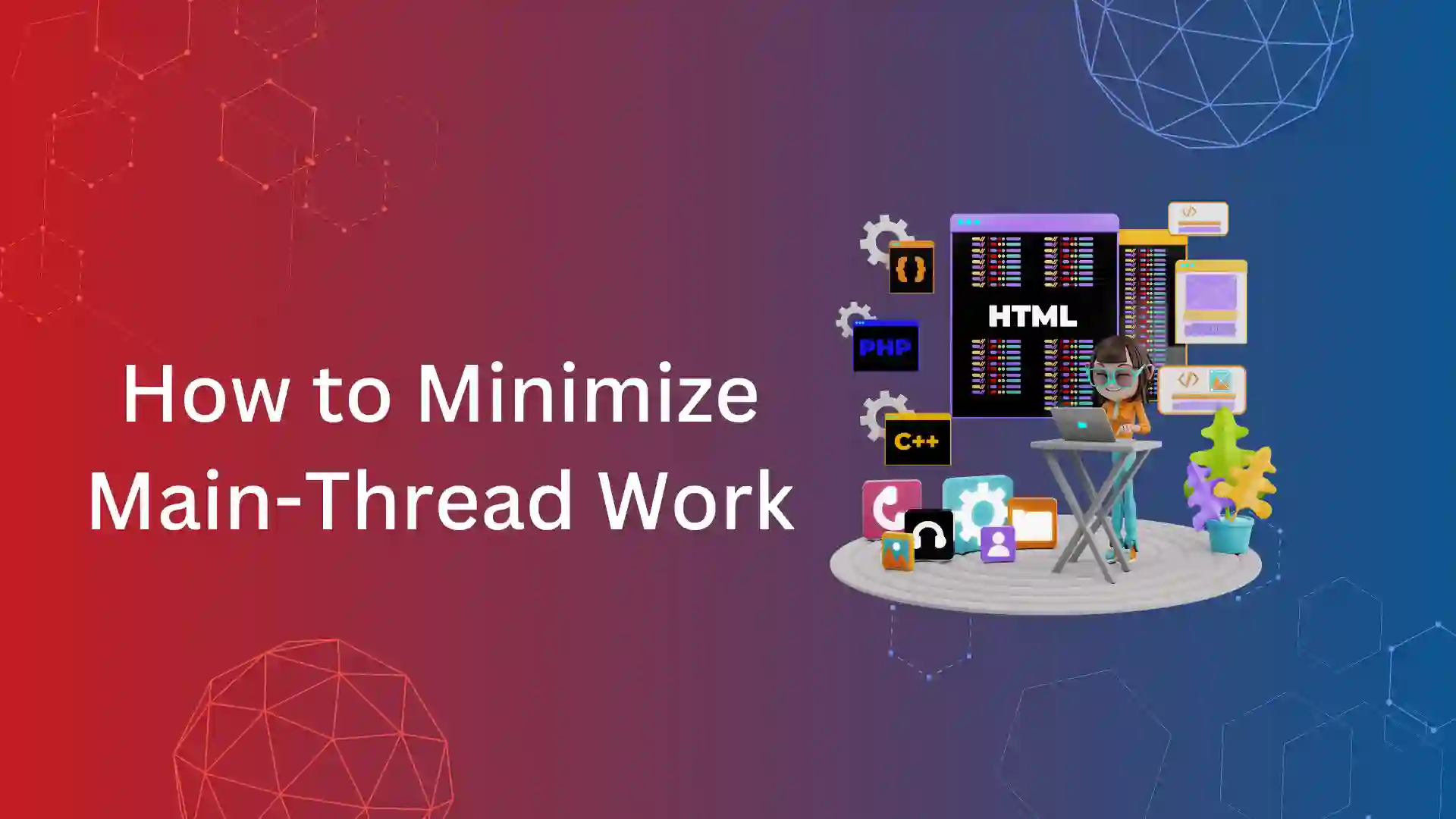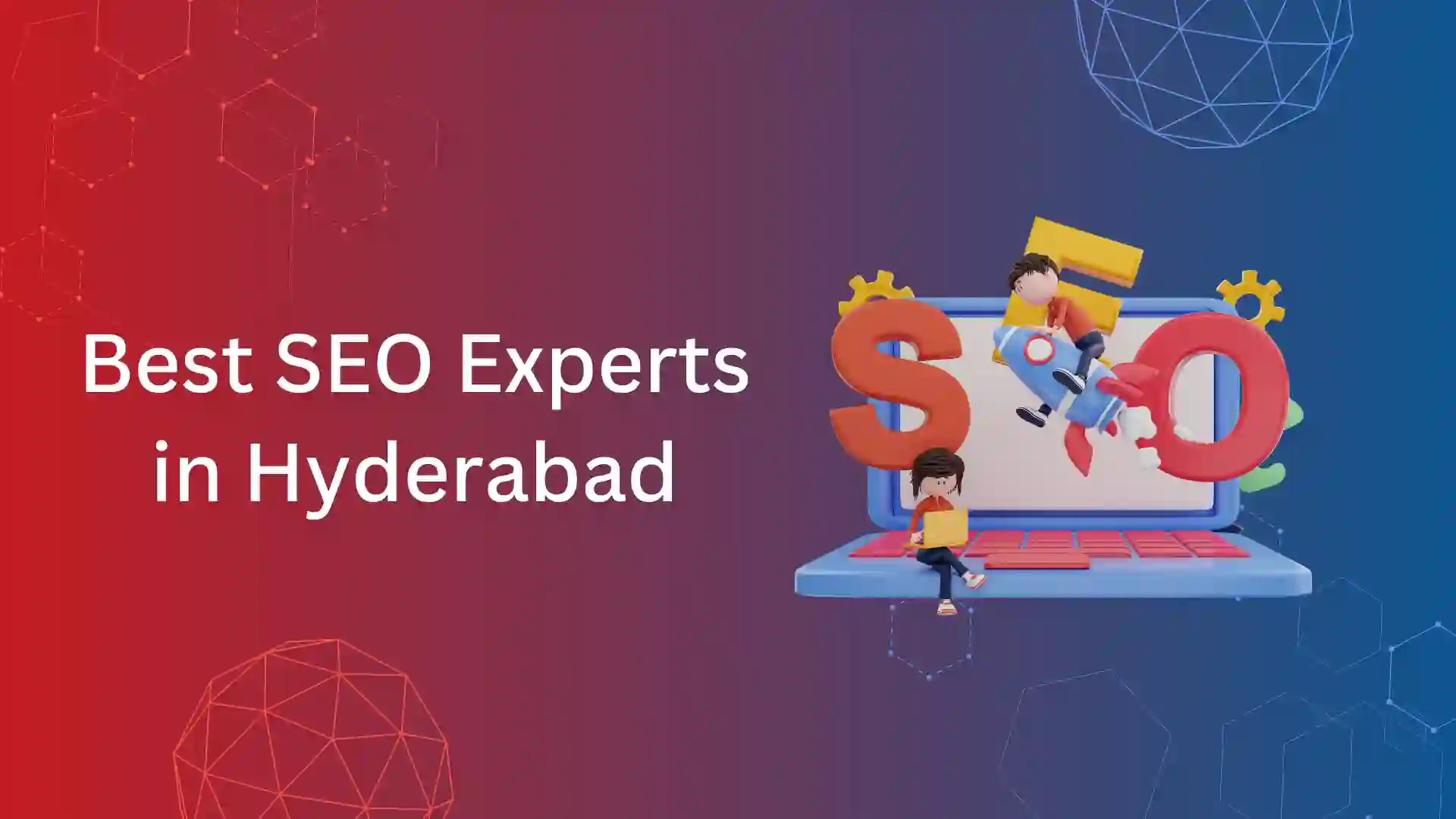SEO vs PPC, one of the conundrums in recent times. By end of this article, you will understand better how to take leverage of these two tools. A Digital Marketer should understand the advantages between them and use them appropriately.
Every business in the earlier stage as a startup will have a negligible fund to market them. That’s the crucial period for any organization to reach maximum potential and targeted audience.
Digital Marketing way of promotion is chosen to reach a maximum audience with a low or no budget. This article will be illustrating piece by piece about these marketing practices.
Difference between SEO vs PPC:
The foremost is to understand the difference between SEO vs PPC. On the Search Engine Result Page (SERP), both SEO and PPC results appear. The posts which appear with the tag Sponsored or Ad are the PPC results. SEO results are those which appear without any tag.
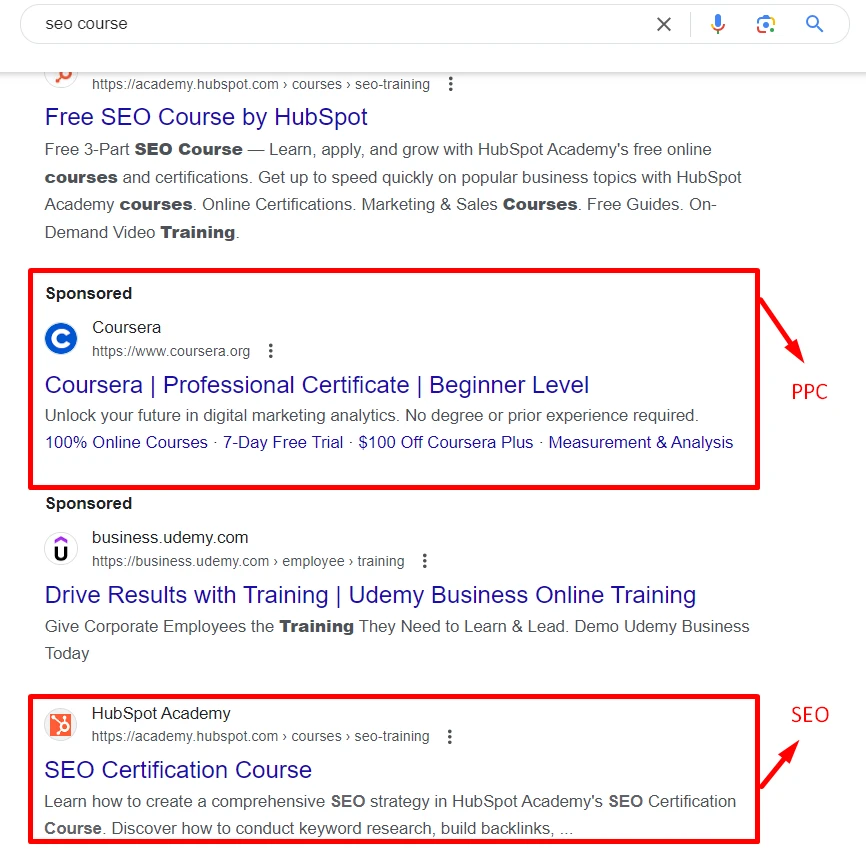
The above image would have highlighted the difference in the SERP. Even though PPC results appear more ahead of SEO results, SEO drives more traffic.
SEO (Search Engine Optimization) is the process of acquiring Organic Traffic (Non-Paid) by optimizing our website and content to Search Engine. More work and patience are much expected in this method, yet there is nothing to invest in for Search Engines to show our pages at the top.
PPC (Pay Per Click or Search Engine Marketing) is where a marketer bid and pay for a particular “Keyword”. By this way of marketing, we can make our website at the top of SERP. PPC experts work on the Keywords, their search volume, and other parameters for every dollar they spend.
Advantages – SEO vs PPC:
There are many advantages and disadvantages to these two marketing processes. Let us first check out the pros of them and then will dust on the cons.
Search Engine Optimization:
1. SEO works Stay for a Long Period:
- When it comes to SEO practice. We choose a Keyword through extensive Keyword Research and built a page according to the keywords.
- On-Page Optimization run on placing the Keywords properly in,
- URL
- Title
- Meta Description
- Header Tags
- Image Alt Text
- In the Body of the content without Keywords Stuffing.
- Off-Page Optimization on link building and increasing authority for your sites by working on external sites.
- The works which we do for a time remain constant for many years. Apart from few submissions like a directory, and classified ads which have estimated time. But, in the case of Guest Posts, Web 2.0, and article submissions, the backlinks will be permanent.
- So, that’s the reason we say, once work done on optimization it stay for a longer period. This is one of the main advantages of SEO
2. High Return on Investment:
- It’s been always a saying, the conversion rate will be higher when people enter your site organically.
- Almost 60-70% of the audience prefer organic results in SERP.
- The ROI is almost 7 times higher than PPC.
- The major investment in SEO deals with the wages of employees and tools.
- When it comes to High ROI and conversion rates, Search Engine Optimization will be preferred by any marketer.
3. Brand Awareness:
- Digital Marketing has many stages in managing business and returns. In which, the initial stage is the awareness stage.
- SEO is one of the best Awareness Tool when it comes to Marketing Practices.
- As we optimize our website with the keyphrases our audience searching for. So, the complete traffic coming from organic results will be inbound.
- While reaching the top of SERP, we can’t estimate the number of reaches across demographics.
Pay Per Click (PPC):
1. Fast and Quick Result:
- One of the great advantages of PPC is, you can see quick results.
- Once your Google Adwords campaign is approved for the focused Keyword. Then your post will be placed at top of the SERP, even above organic results.
- On average, 6-10% of the 1st-page traffic comes to Ad results. So, traffic starts invading your landing page from the time your SEM is placed.
2. You have complete control over the Campaign:
- In terms of Adword campaigns, complete control in the hands of the campaign manager.
- Starting from Keyword Research and working on Hardest Keyword Difficulty Keywords.
- In terms of SEO, working with Super Hard Keywords take even 2 years of time to rank with continuous Effort. But, in PPC, we can choose Super hard Keywords to work and understand the behavior of the Keyword.
- Apart from that, we will be having controls over,
- Budget
- Number of days to run the campaign
- Message part of the Campaign
- Landing Page.
- Demographics and Geographics
- Segmentation of Targeted Audience.
- Schedule, etc.
PPC can be worked on Different Strategies:
- There is no term in marketing as “perfect campaign“.
- We as a marketer should focus on getting better results when compared the previous one.
- Optimizing Key Messages, Keywords, targeting audience profile, locations, etc over campaigns will provide an effective result in CPC (Cost Per Click).
- The main aim of every PPC expert is to bring CPC down and CTR (Click Through Rate) to shoot up.
- Also, through PPC, you can retarget your own audience. The audience can be tracked with the help of Google Analytics or Facebook Pixels.
Disadvantages – SEO vs PPC:
1. SEO Ranking Takes Time:
- Yes, SEO is a slow and steady process and the ranking is completely determined on Keyword Difficulty or Search Difficulty.
- As per Ahref’s analysis, only 5.7% of keywords are ranking on 1st page of SERP within a year time.
- Anyhow, SEO needs consistent and persistent work to be rolled out.
2. No Guarantee on Ranking:
- Unlike PPC, there is no control over our results. We only have control over our activities and progress.
- We can’t guarantee the timeline for any keywords to rank.
- Only keywords with very low Keyword difficulty can rank within a month period. Unfortunately, the search volume of those keywords will be ranging between 0-100.
- Working on those keywords won’t provide any ROI benefits for our business.
3. Ranking may affect during Search Engine Algorithm Updates:
- Google Search Engine updates its algorithm quite often to ensure the ranking favors Good SEO Practices.
- Maximum of sites lose their ranking keywords after every algorithm change.
- Understand the basics of the Google Search Engine Algorithm to protect the Keywords Ranking by best SEO practices.
Pay Per Click (PPC):
1. Highly Expensive:
- The biggest disadvantage and difference between SEO vs PPC is the amount spend in PPC for every click.
- The CPC can vary from $1 to even $200, which is too expensive.
- For a product or a Service, which has a profit of less than $200 and the Cost spend by PPC is $200. This will be a great loss for the business.
- Such business practices should avoid PPC.
2. Traffic till you Burn Cash:
- Till you spend, you will get the traffic. The day campaign gets over the end of placing on 1st page of SERP.
- In fact, as per our previous conversation, PPC result pages only get 6-7% of the total traffic of a keyword.
Best Practices of SEO vs PPC:
Every Digital Marketer who has a vast knowledge of both SEO and PPC (SEM) will take advantage of both these methodologies. Initially, we can’t invade traffic for our Focused keyword by SEO practice.
Leverage PPC Data for SEO:
So, initially learn on the data and result obtained from the PPC campaign for the focus keywords. then use those data for SEO practice. PPC can be used as an initial reach campaign for our brand for our audience.
It is always mandated for a marketing manager to make a clear partition on the budgets towards campaigns and tools. According to the asking rate of the clients or organization, you have to allocate in both SEO and PPC.
PPC can provide you solutions over short-term goals. It can provide lead till we spend. At the same time, SEO which targets on Long term goals provides a high ROI. yet, it takes time.
You can analyze a keyword performance with the help of PPC and work on the same Keyword by SEO strategies. This can be one of the best practices of using both marketing methodologies.
Retargetting of SEO traffic by PPC Campaigns:

Source: The Hoth
As we have mentioned earlier on the concept of retargeting. You can retarget the traffic gained by SEO with PPC campaigns. When you retarget with effective campaigns, the conversion rate increases.
As the conversion rate increases, the average cost per click (CPC) comes down almost 80%. You can check the advantage of retargeting in the above image.
This is one of the best ways to increase the ROI because it reminds and targets the existing visitors. As they already looking for your service, the conversion rate will be too high in addition to SEO conversion.
Conclusion:
- More than SEO vs PPC, you should always focus on using these two methods to increase conversions.
- As a marketer, you should take and work on the advantages only.
- In terms of Short term leads, you should focus on PPC. For a long-term lead generation with high ROI, you should work on SEO strategies.
- At the finest, you should also use the PPC results for SEO practice. Then retargeting SEO traffic with PPC for higher conversion.

